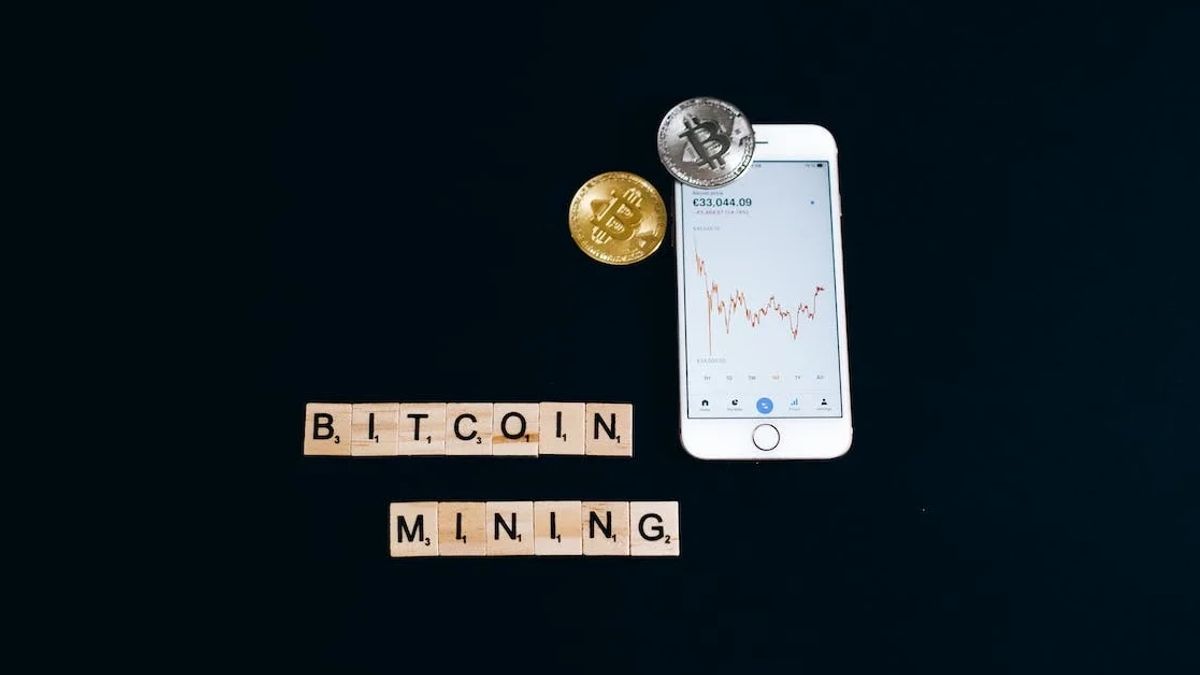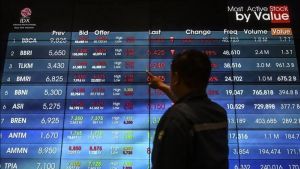JAKARTA - A significant difference exists in household electricity costs for individual Bitcoin miners around the world. While the cost of generating one Bitcoin in Italy is 208.560 US dollars (Rp 4 billion), in Lebanon it costs about 783 times cheaper.
Published on August 17, a report from CoinGecko revealed that only 65 countries are profitable for individual Bitcoin miners, based on household electricity costs alone. Of these, 34 countries are in Asia, while Europe only has five countries.
However, individual Bitcoin miners found themselves to be in contrast to the average household electricity cost worldwide:
"The average household electricity cost to mine 1 Bitcoin is 46.291.24 (Rp906 million), which is 35% higher than the daily average price of 1 BTC in July 2023 of 30.090.08 US dollars (Rp588.9 million)."
اقرأ أيضا:
The report identifies Italy as the country with the most expensive household Bitcoin mining fees, which is US$208.560 per Bitcoin. At the time of publication of this report, it shows that the mining cost of one Bitcoin in Italy is equivalent to a value of about eight Bitcoins.
Then, Austria was in second place at a cost of 184.352 US dollars (Rp 3.6 billion) and Belgium at a cost of 172.382 US dollars (Rp 3.3 billion).
Meanwhile, household electricity rates in Lebanon allow individual miners to generate one Bitcoin at a cost of just US$266 (Rp7.1 million). Based on this data, the cost is about 783 times cheaper than Bitcoin mining costs in Italy.
Followed by Iran, with a production cost of 532 US dollars (Rp10 million) per Bitcoin. However, although Iran legalized Bitcoin mining in 2019, the country has since banned legal operations, citing expenses on energy networks during winter.
On January 4, Cointelegraph reported that around 150,000 crypto mining equipment were seized by the Iranian Organization for Collection and Sales of State Property.
Why wouldn't they? 🤷♂️😂 pic.twitter.com/cD1TSgOZzx
— CZ 🔶 Binance (@cz_binance) August 19, 2023
Why wouldn't they? pic.twitter.com/cD1TSgOZzx
On August 19, Binance CEO Changpeng "CZ" Zhao posted a screenshot of this report's data on platform X (formerly Twitter), questioning his 8.6 million followers why individuals in these low-power countries don't mine Bitcoin.
However, CZ remains skeptical and believes that there are other factors to consider. However, he proposed that it be worth exploring further.
"This report may not consider feasibility and other logistics. But if this data is correct, there seems to be some potential opportunities," said CZ.
CZ recognizes users X who explain that many of these countries lack enough electricity to take advantage of cheap electricity costs.
"Most of these countries face electricity shortages and usually shut down their heavy industries during summer or during peak hours," the X user said.
The English, Chinese, Japanese, Arabic, and French versions are automatically generated by the AI. So there may still be inaccuracies in translating, please always see Indonesian as our main language. (system supported by DigitalSiber.id)
















